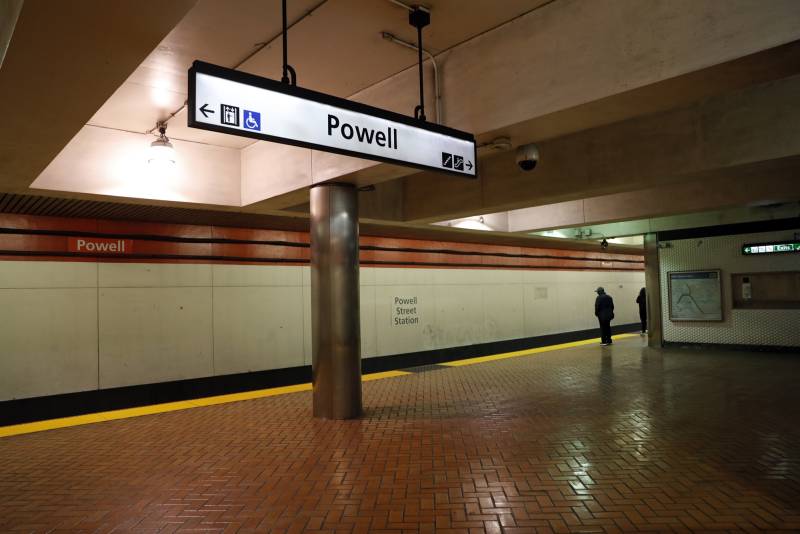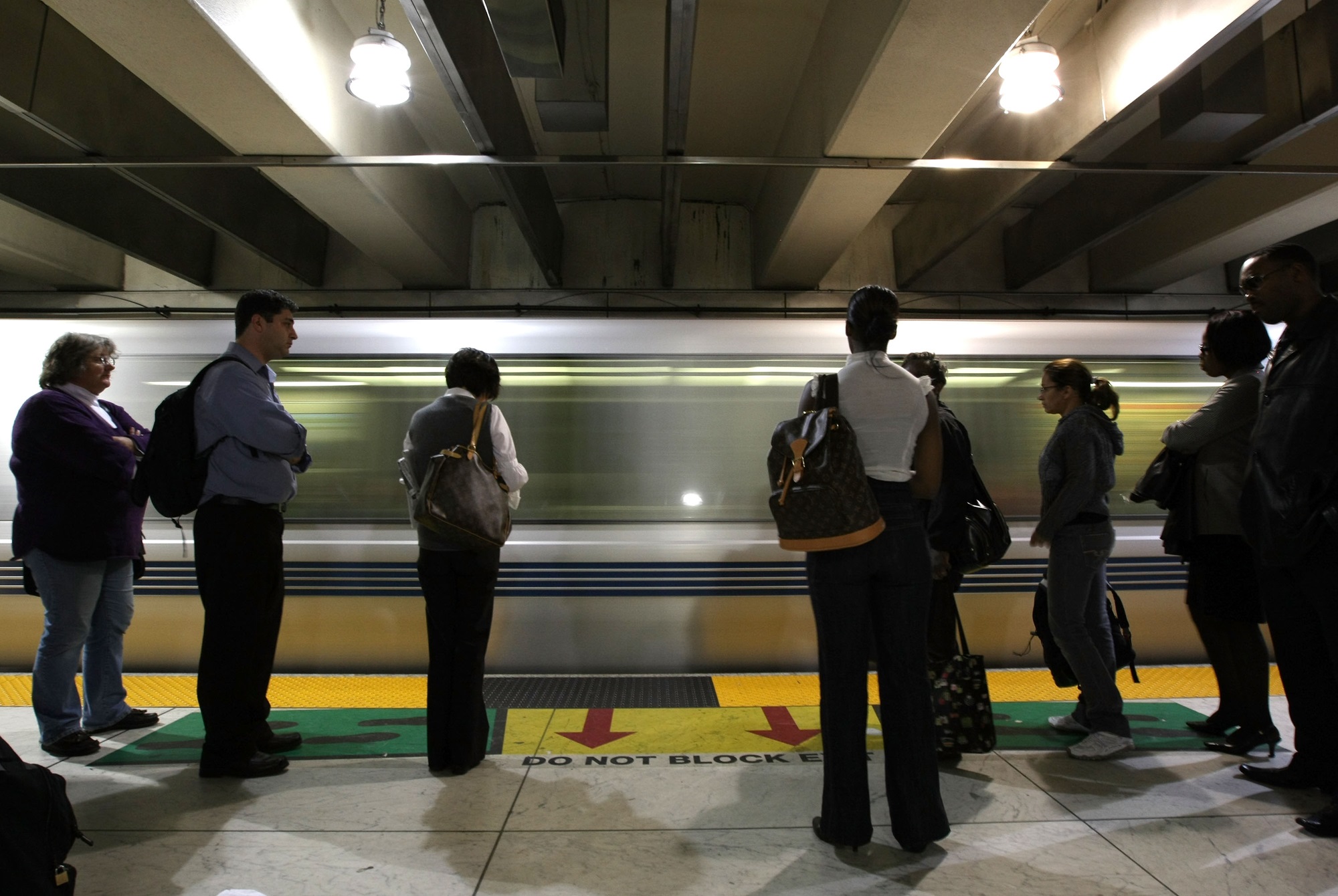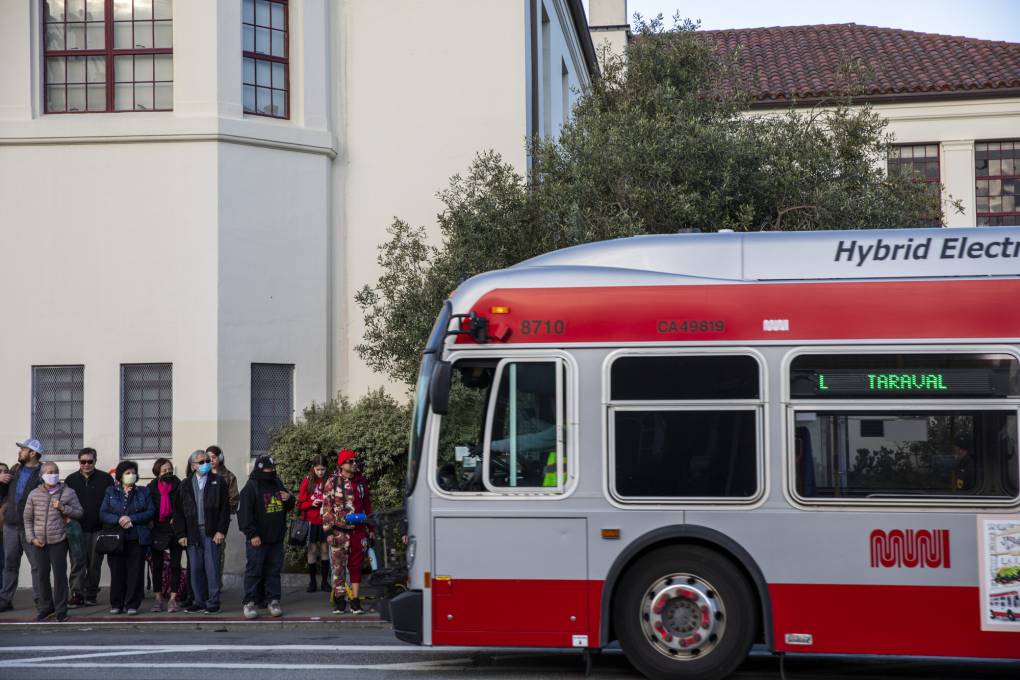The family of a woman who died last summer after being pushed into the side of a moving BART train in downtown San Francisco is suing the agency for what their attorneys call a “complete failure” to keep riders safe from crime and other dangers.
Corazon Dandan, 74, of Daly City, was returning home from her job as a telephone operator at a downtown hotel the night of July 1 when a man on the platform at BART’s Powell Street station shoved her into a moving train, according to police. Dandan suffered severe head injuries and died less than an hour later at San Francisco General Hospital.
BART police arrested Trevor Belmont, 49, who was later charged with murder, inflicting great bodily injury on a vulnerable person and a special circumstance of lying in wait.



